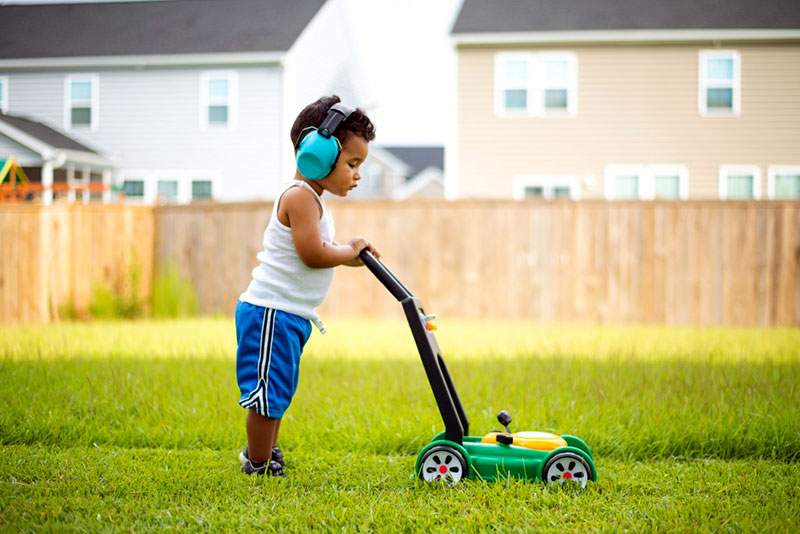
Spring has sprung, and while it may not feel like it at the current moment, warmer days are ahead. While this may seem difficult to imagine, normal life will eventually resume. Luckily, there’s nothing wrong with going outside to enjoy the weather and getting some exercise (as long as you are keeping some distance of course) or doing some yard work. However, the warmer temperatures do come with its fair share of dangers, dangers to the ears that is. Certain outdoor activities can be loud and damaging to your ears, making noise-induced hearing loss a potential threat. Luckily, by following a few simple spring hearing tips, you can help protect your ears this season.
Many people don’t realize this, but you run a high risk of being affected by noise-induced hearing loss during the warmer months. However, if you follow these spring hearing tips, you can protect your ears from the sounds of spring.